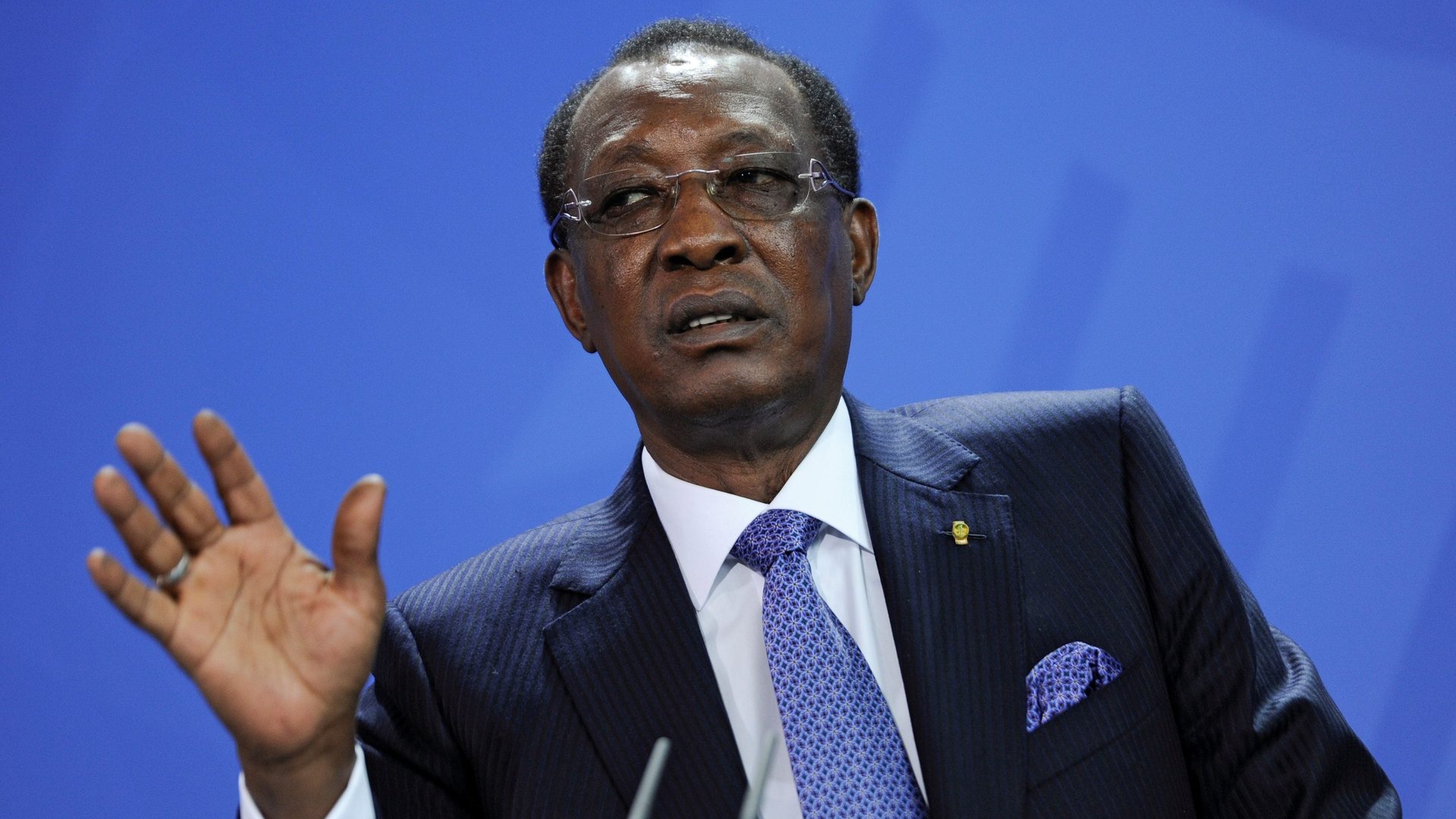The US has expanded its controversial travel ban with three more countries
Chad has become the latest African country whose citizens will face restrictions on entry to the United States under a controversial and expanded travel ban. The central African nation was added—alongside North Korea and Venezuela—due to “significant” terrorist presence in its borders, and for not “adequately” sharing security-related information with American officials.


Chad has become the latest African country whose citizens will face restrictions on entry to the United States under a controversial and expanded travel ban. The central African nation was added—alongside North Korea and Venezuela—due to “significant” terrorist presence in its borders, and for not “adequately” sharing security-related information with American officials.
In a presidential proclamation issued on Sunday (Sept. 24), president Donald Trump added the three countries to five others from his original ban in January namely, Libya, Somalia, Syria, Iran, and Yemen. The new rules also removed restrictions that were earlier placed on Sudan. The latest iteration of the ban, which was widely labeled as a “Muslim ban” because it targeted Muslim-majority nations, will take effect on Oct. 18.
“Making America safe is my number one priority,” Trump tweeted along with his signed proclamation. “We will not admit those into our country we cannot safely vet.”
The latest ban on Chad is disconcerting given the country’s close relationship with Washington, and especially when it comes to regional counterterrorism efforts. Located between Libya, Sudan, Niger, Cameroon, Nigeria, and the Central African Republic, Chad is positioned at a key strategic point in a region teeming with revolts and terrorism. As such, from the beginning, Chad has been a key member of the Trans-Sahara Counterterrorism Partnership, a US inter-agency program that helps governments defeat terrorists in the Sahel and west Africa regions. The US marines and navy personnel have also provided training for Chadian officers, even deploying troops to Chad to help find the kidnapped Nigerian schoolgirls.
The capital N’Djamena is also the headquarters of Operation Barkhane, the French-led, anti-insurgency campaign based in the Sahel region.
The undue military support from Western governments has also emboldened the rule of president Idriss Debby, a former fighter pilot who took power in a coup in 1990. Deby, whose human rights record has come under constant criticism, has been intervening in neighboring countries and empowering regional militias. In 2012, Deby even reportedly married the daughter of Musa Hilal, the alleged leader of the Janjaweed militia to whom much of the violence in Darfur was attributed. But as a staunch ally in the war on terror, the 65-year-old president has succeeded in receiving millions of dollars in aid and serving as a proxy for the US in Africa.
The ban against Chad also comes even as president Trump looks to step up the fighting against terrorists in Africa, and across the world. In April, the US dropped the “Mother of All Bombs” in an ISIL tunnel complex in Afghanistan. The Trump administration also announced it was sending dozens of troops to help train Somali and AU forces fighting the terrorist group al-Shabaab—a first since 1994 when 18 American soldiers were killed there. In August, the US also sold $593 million worth of military gear to Nigeria to help it quash the Boko Haram insurgency.